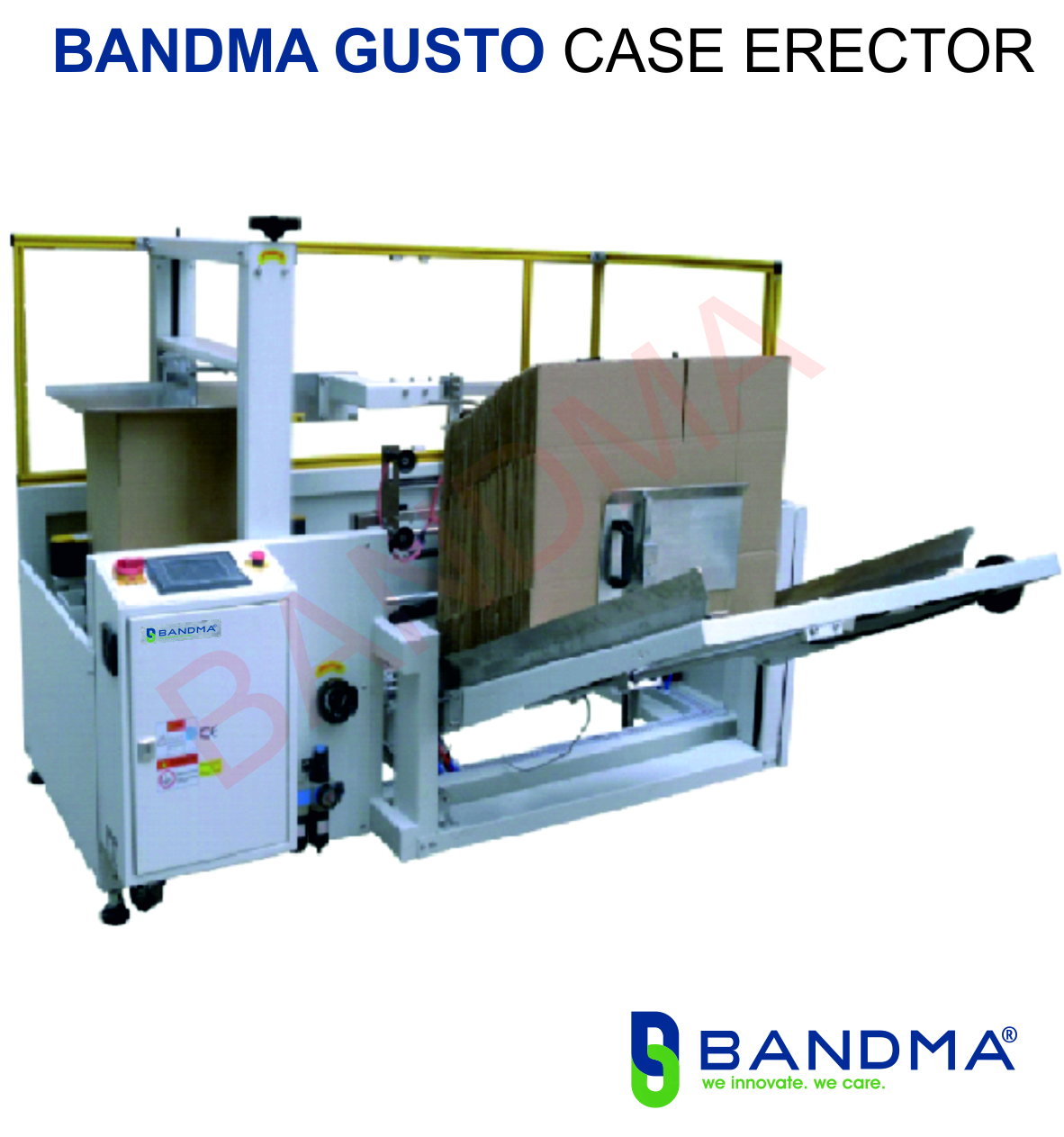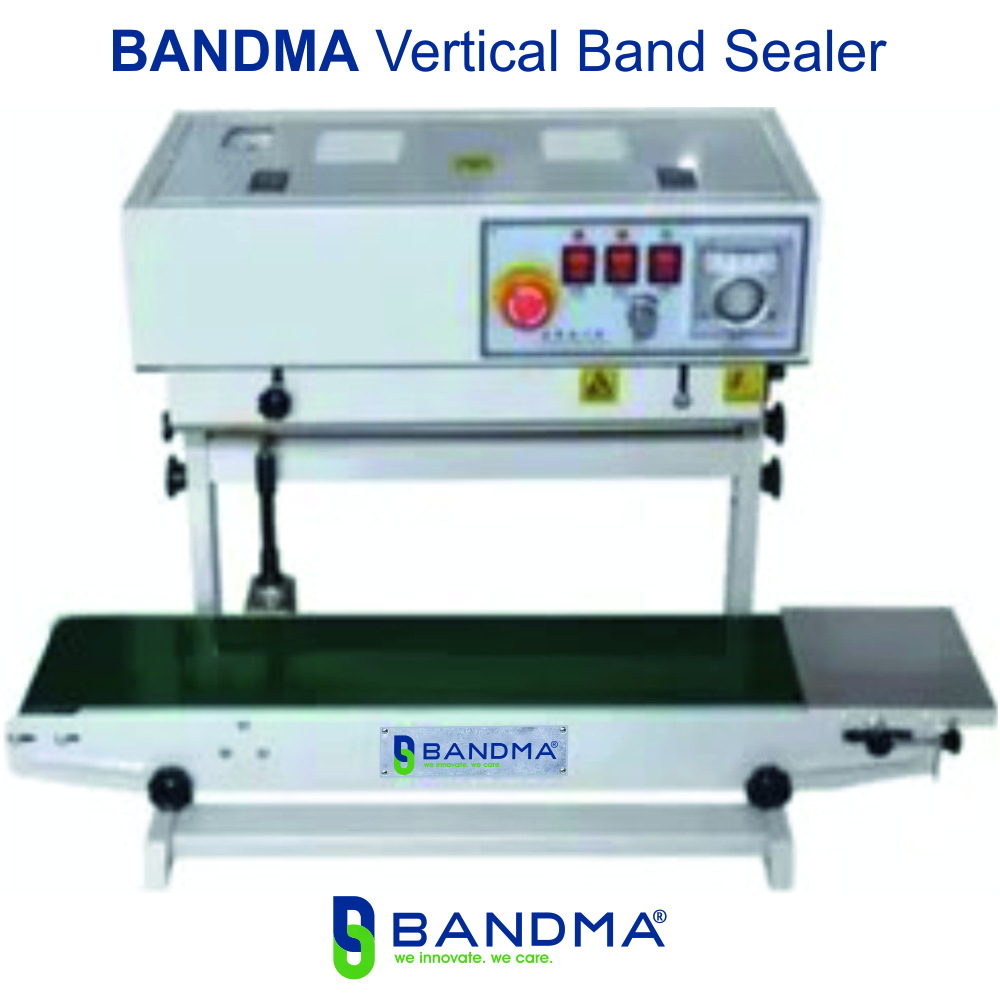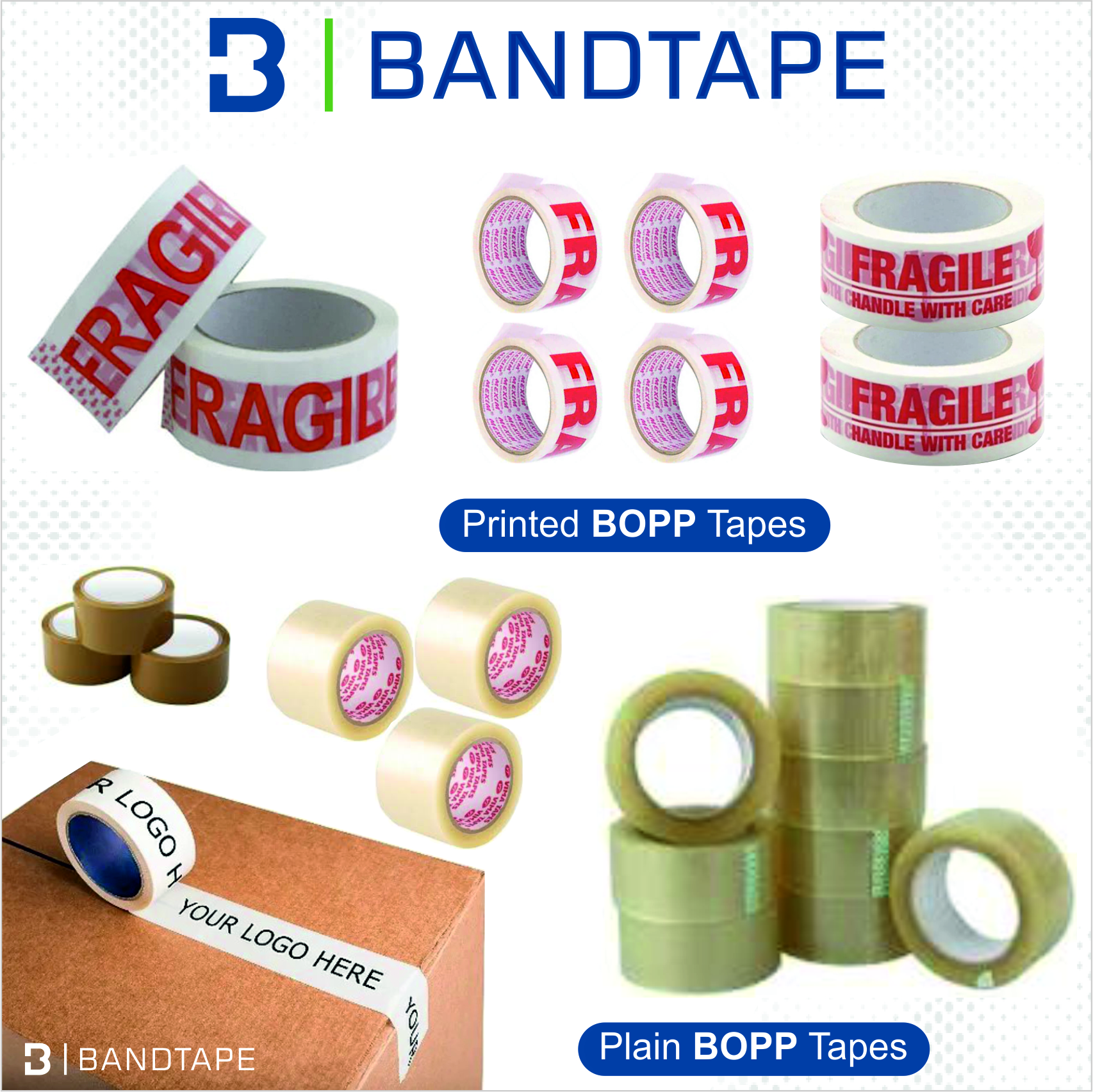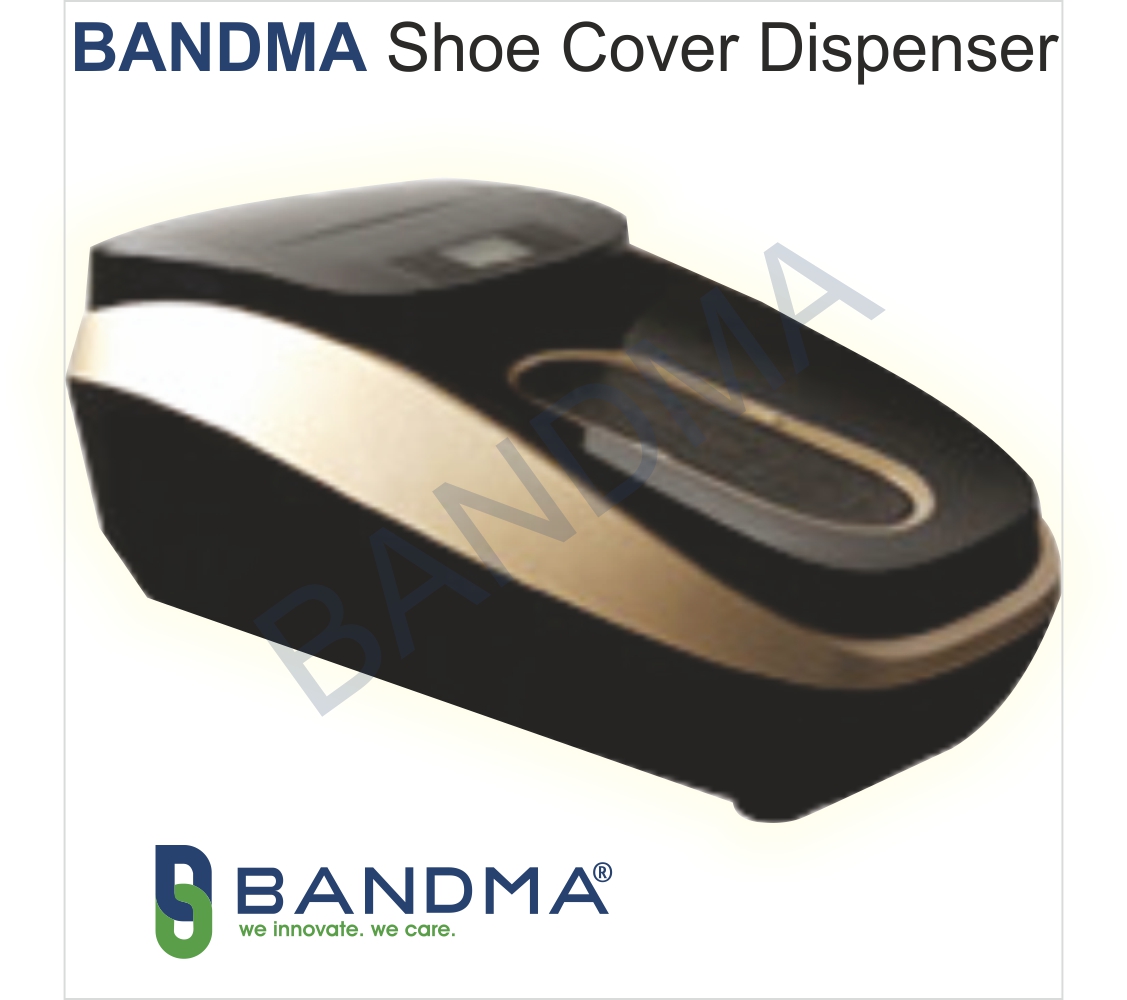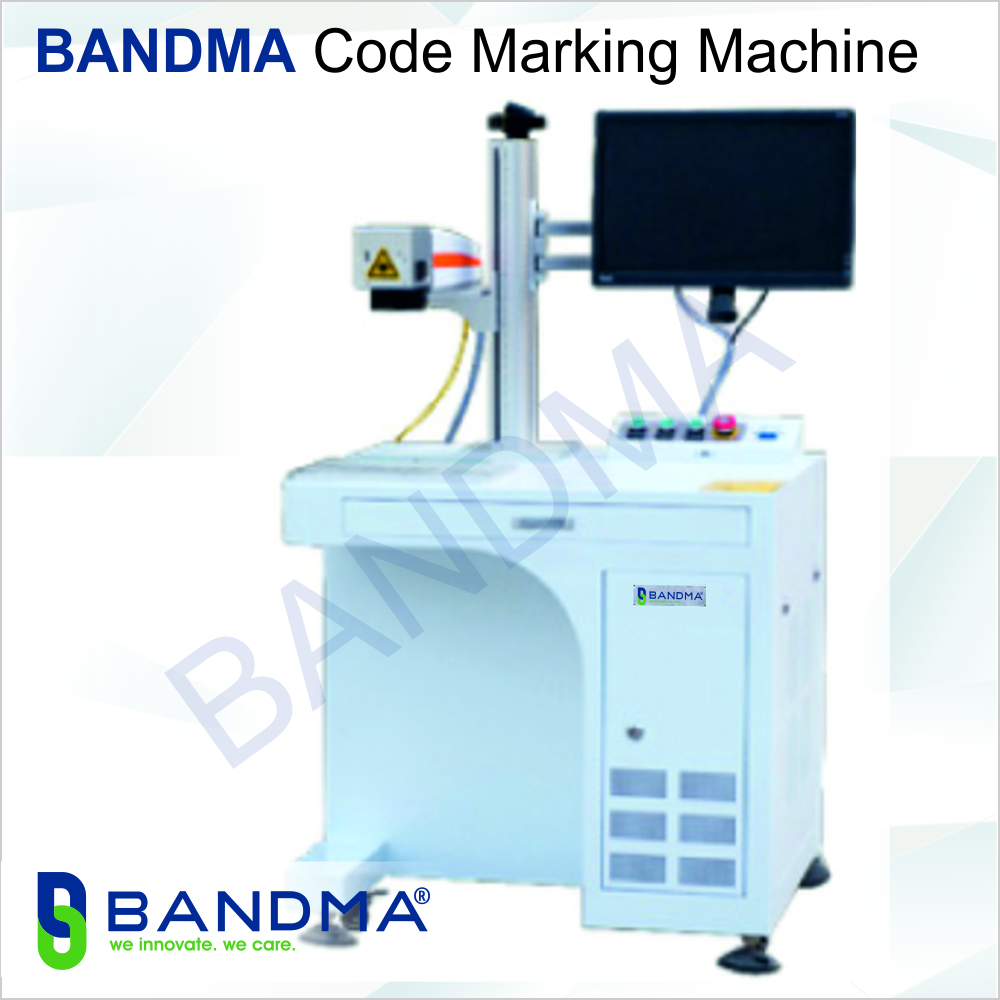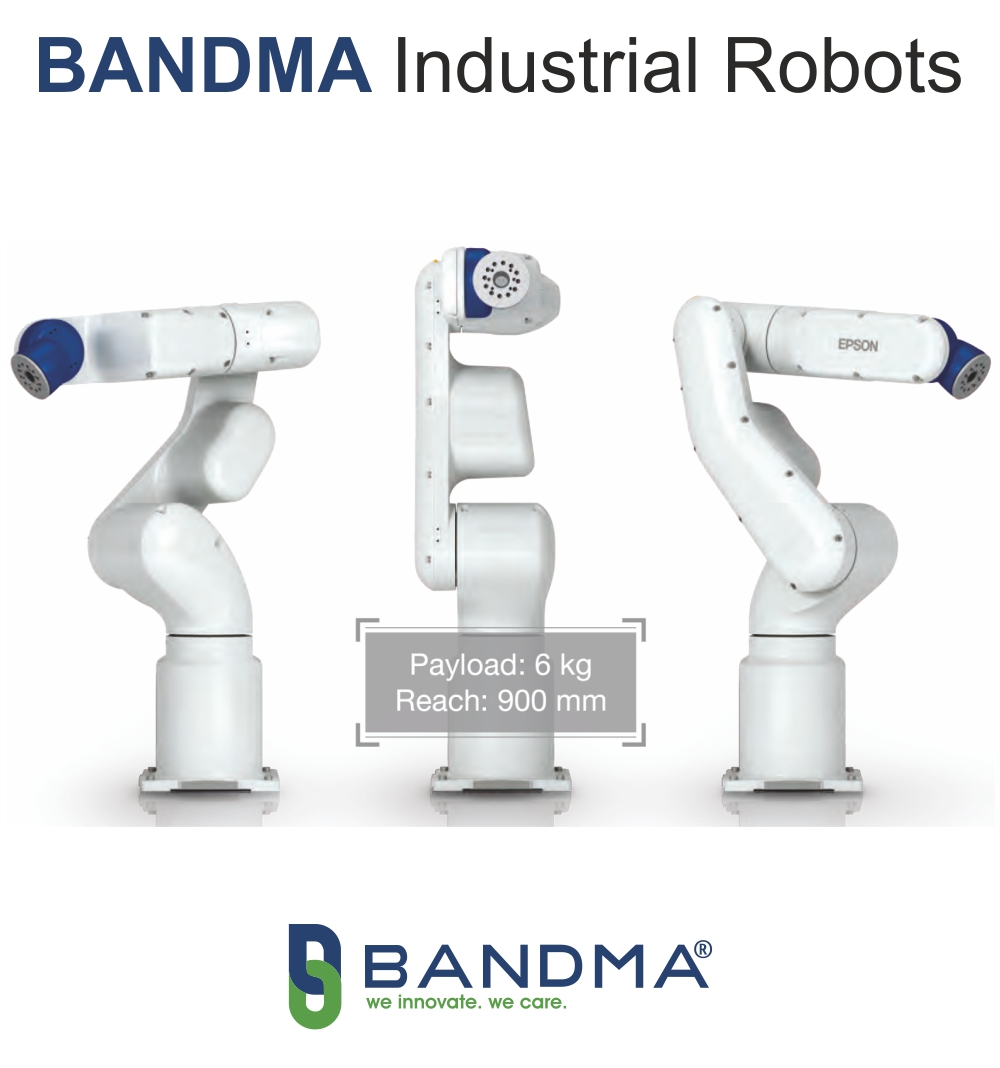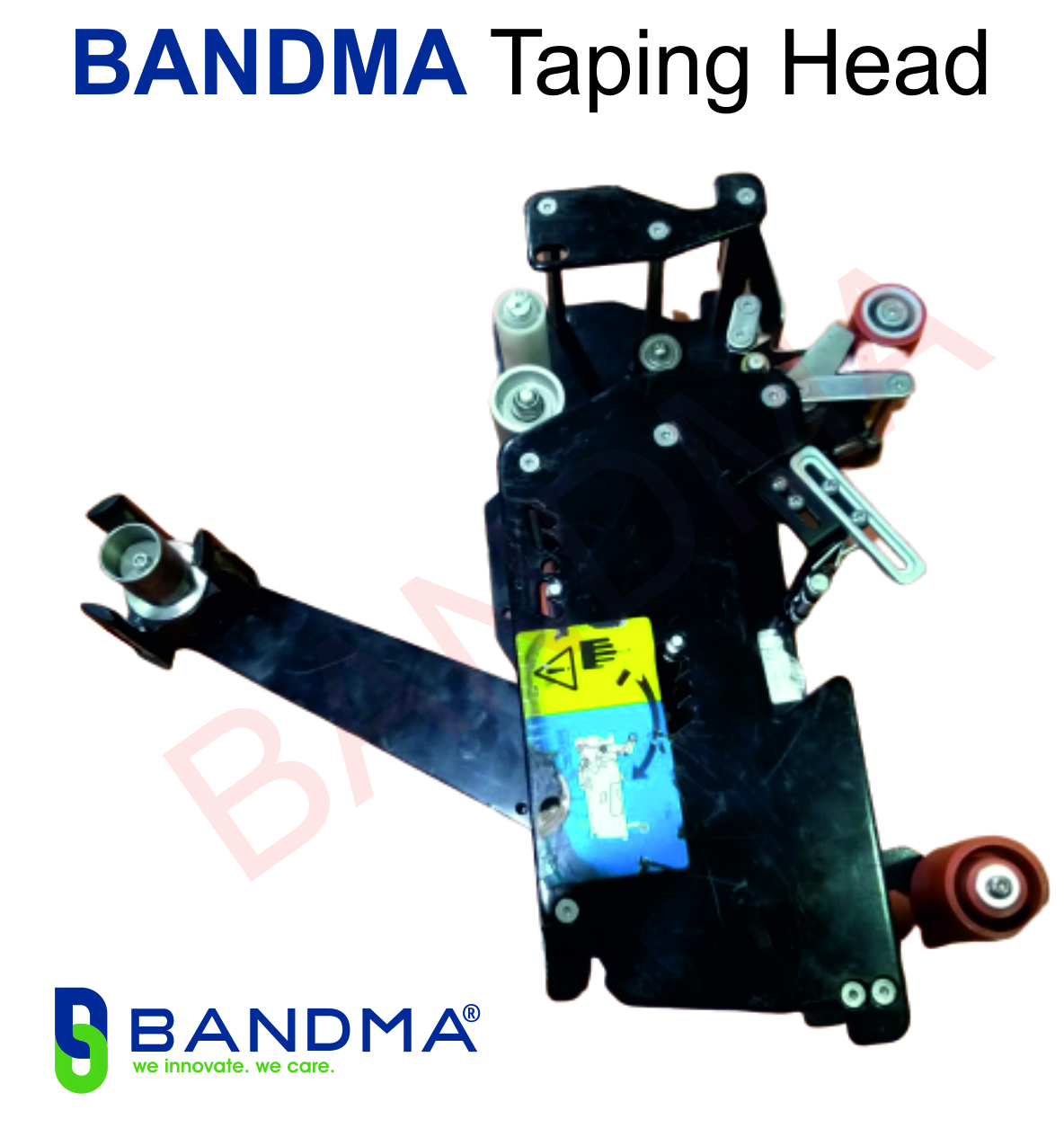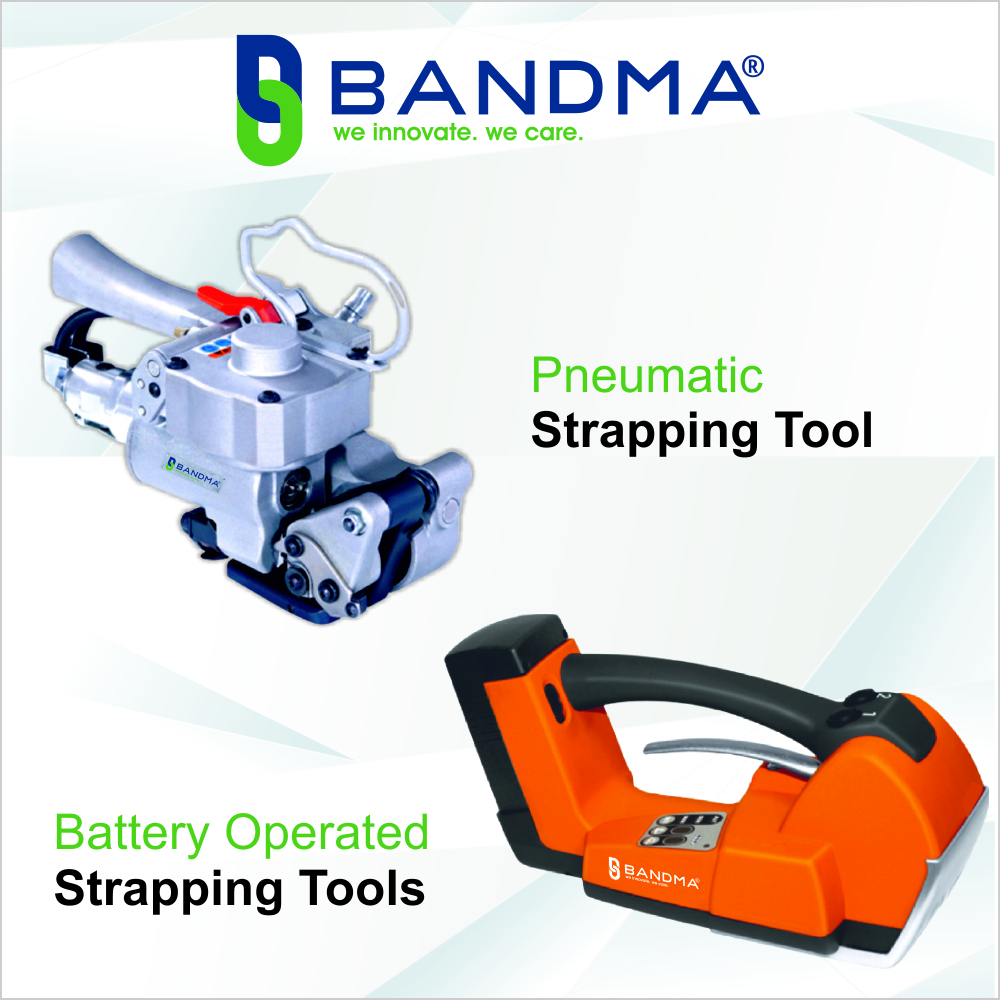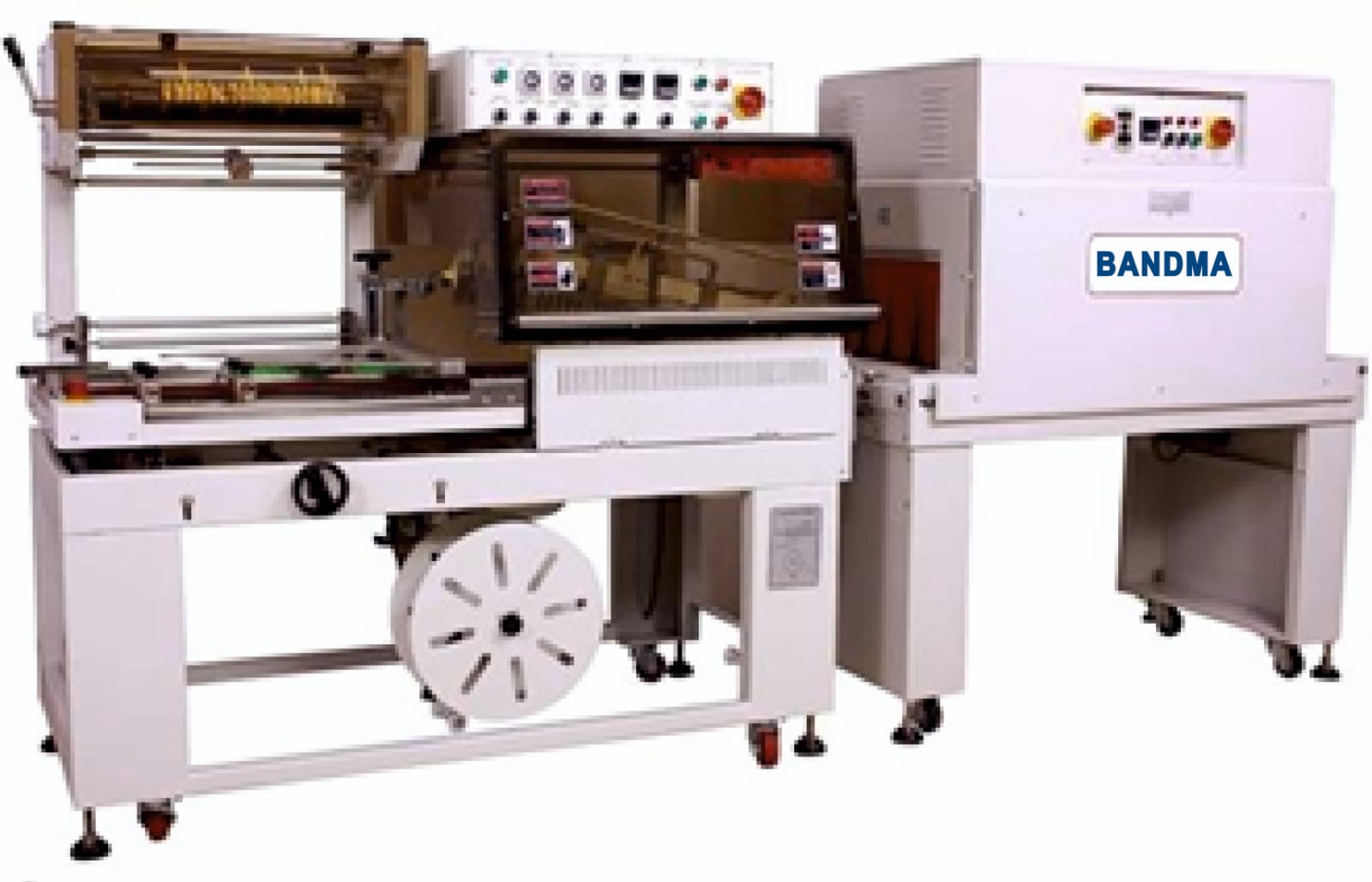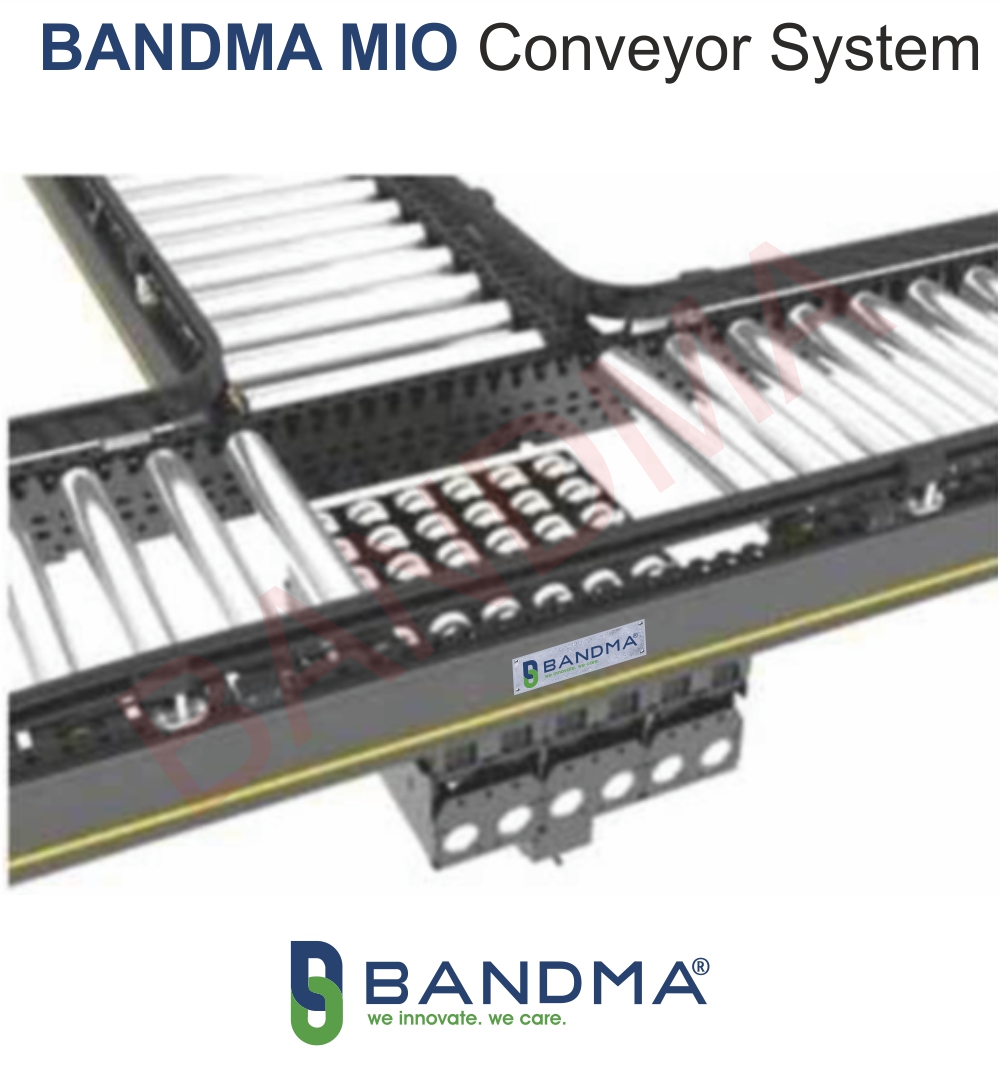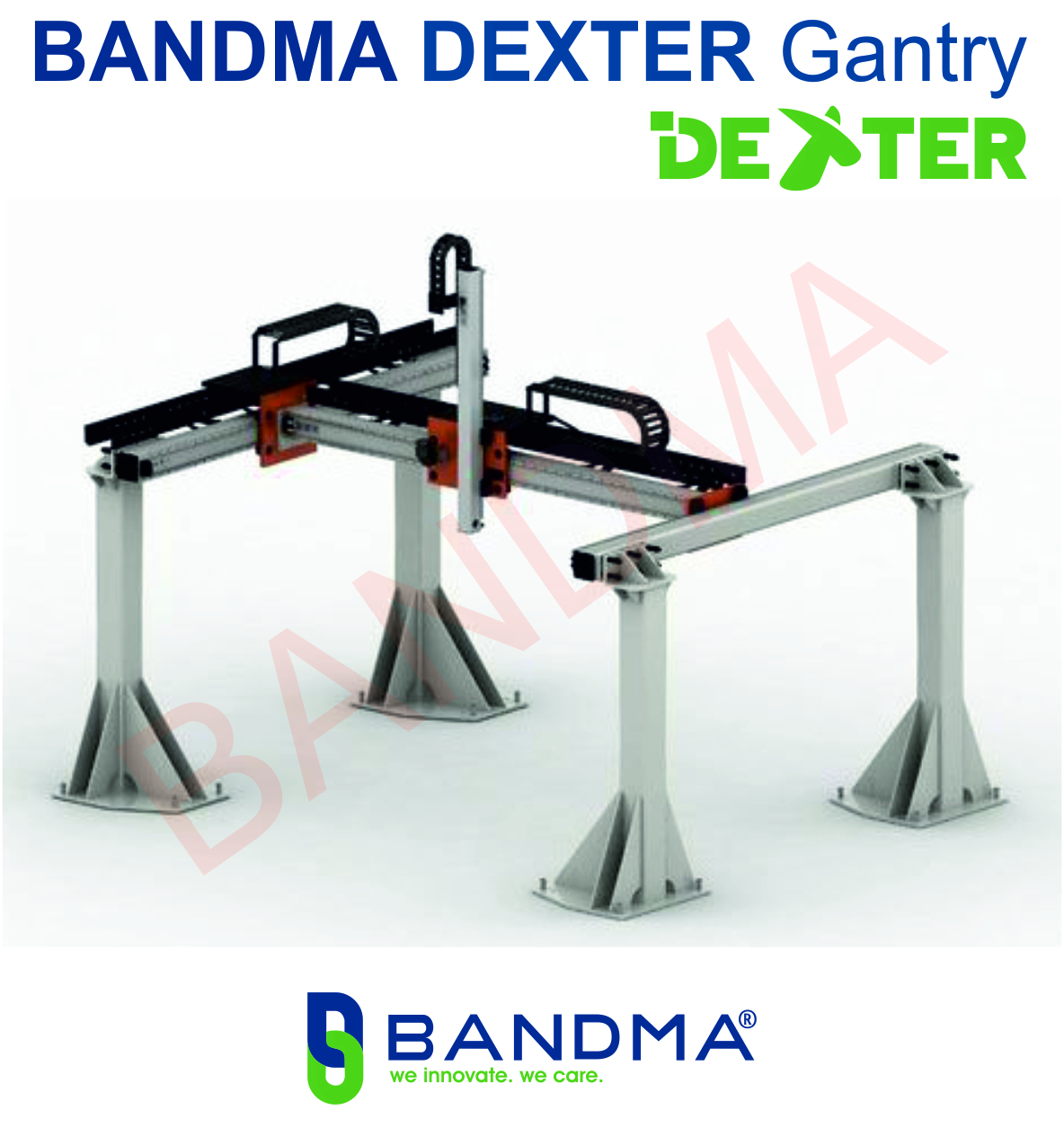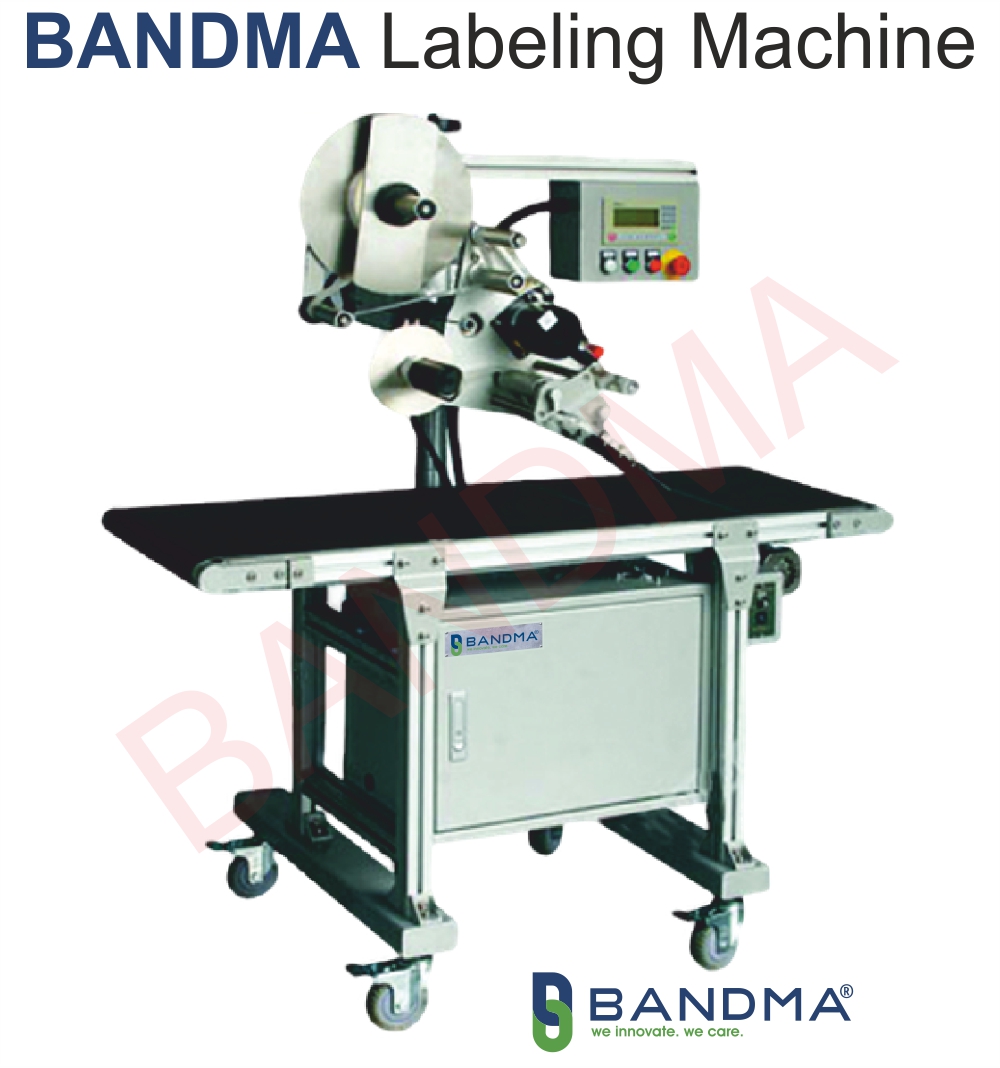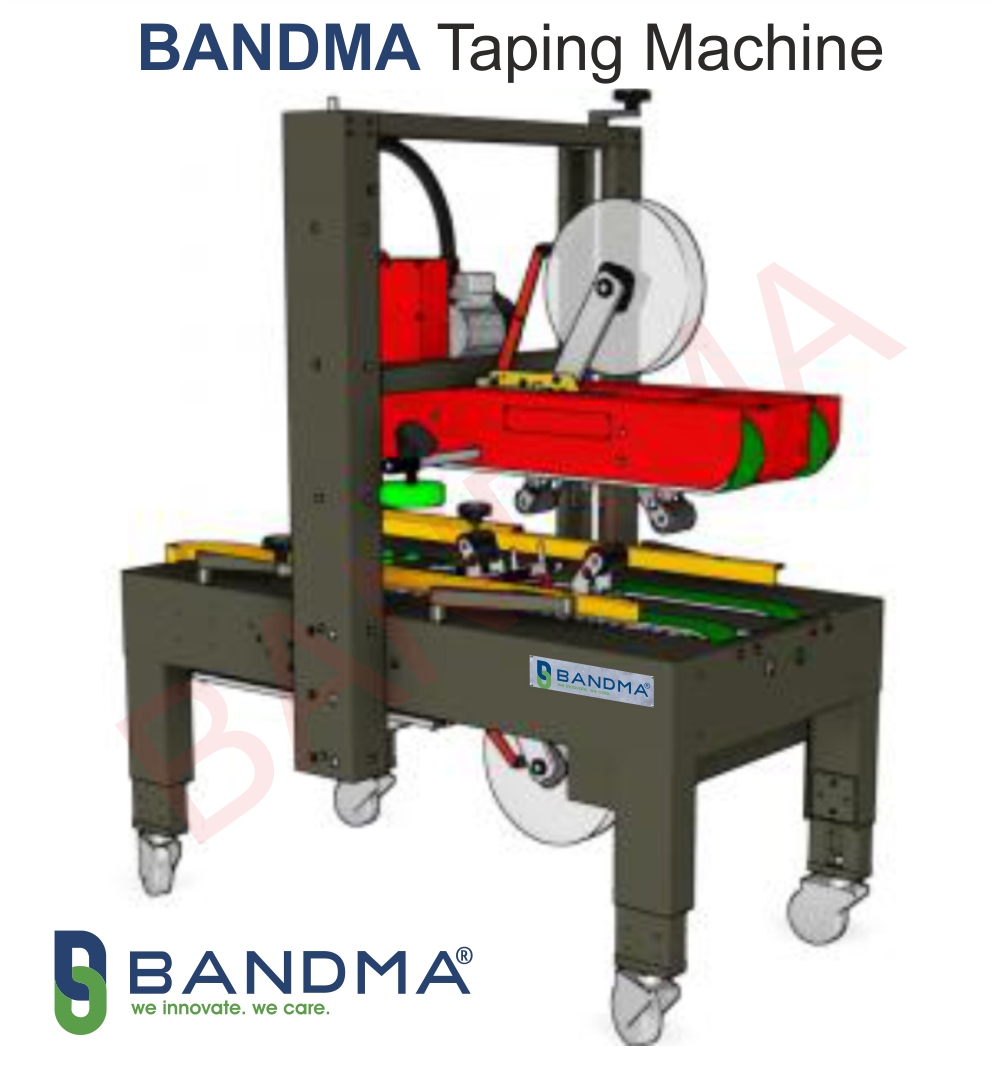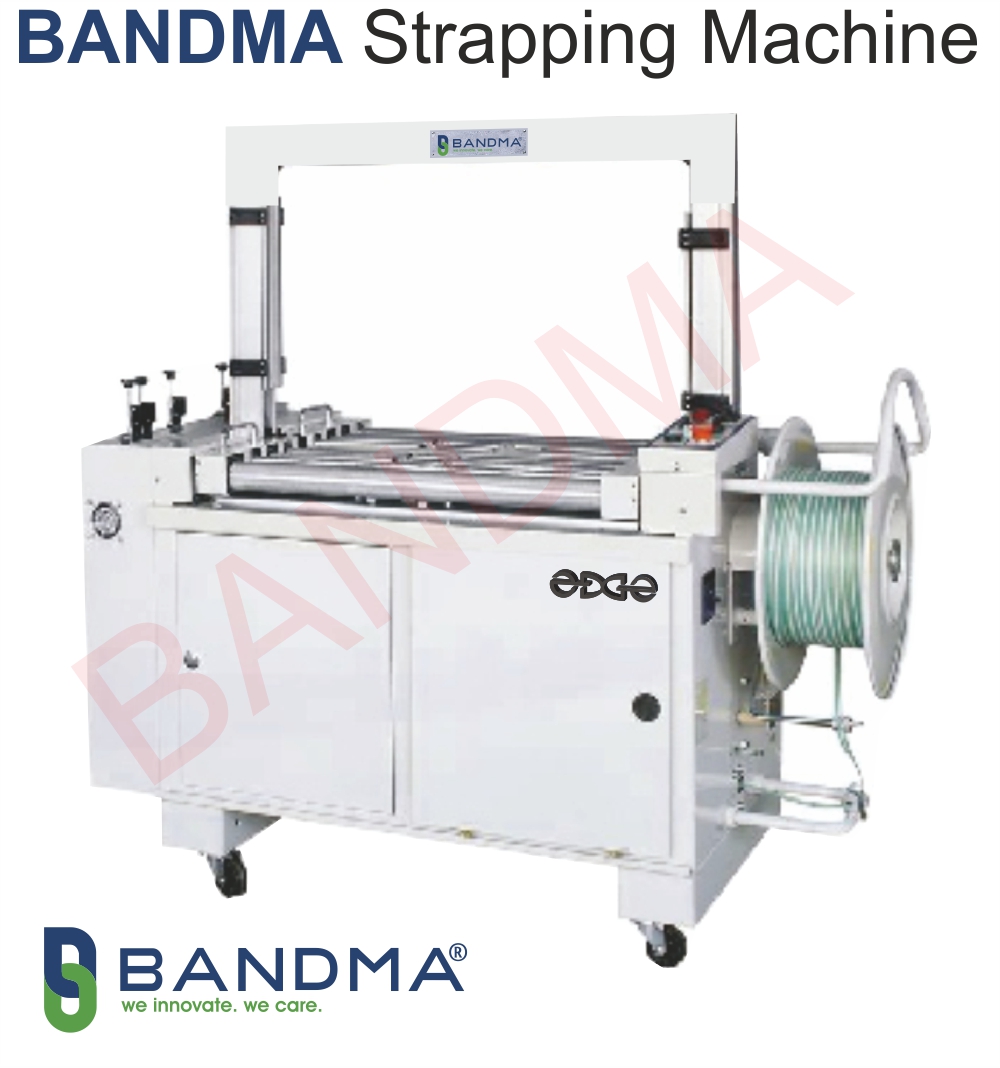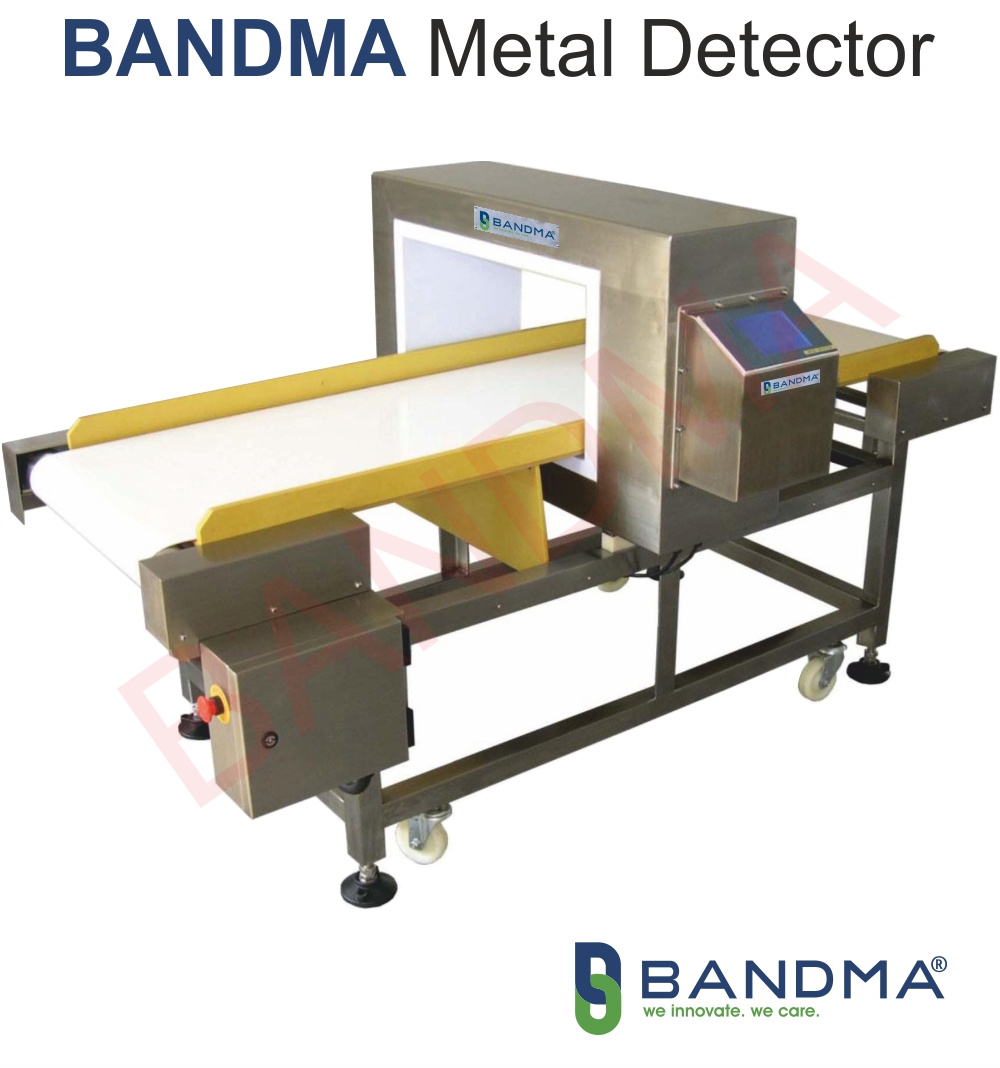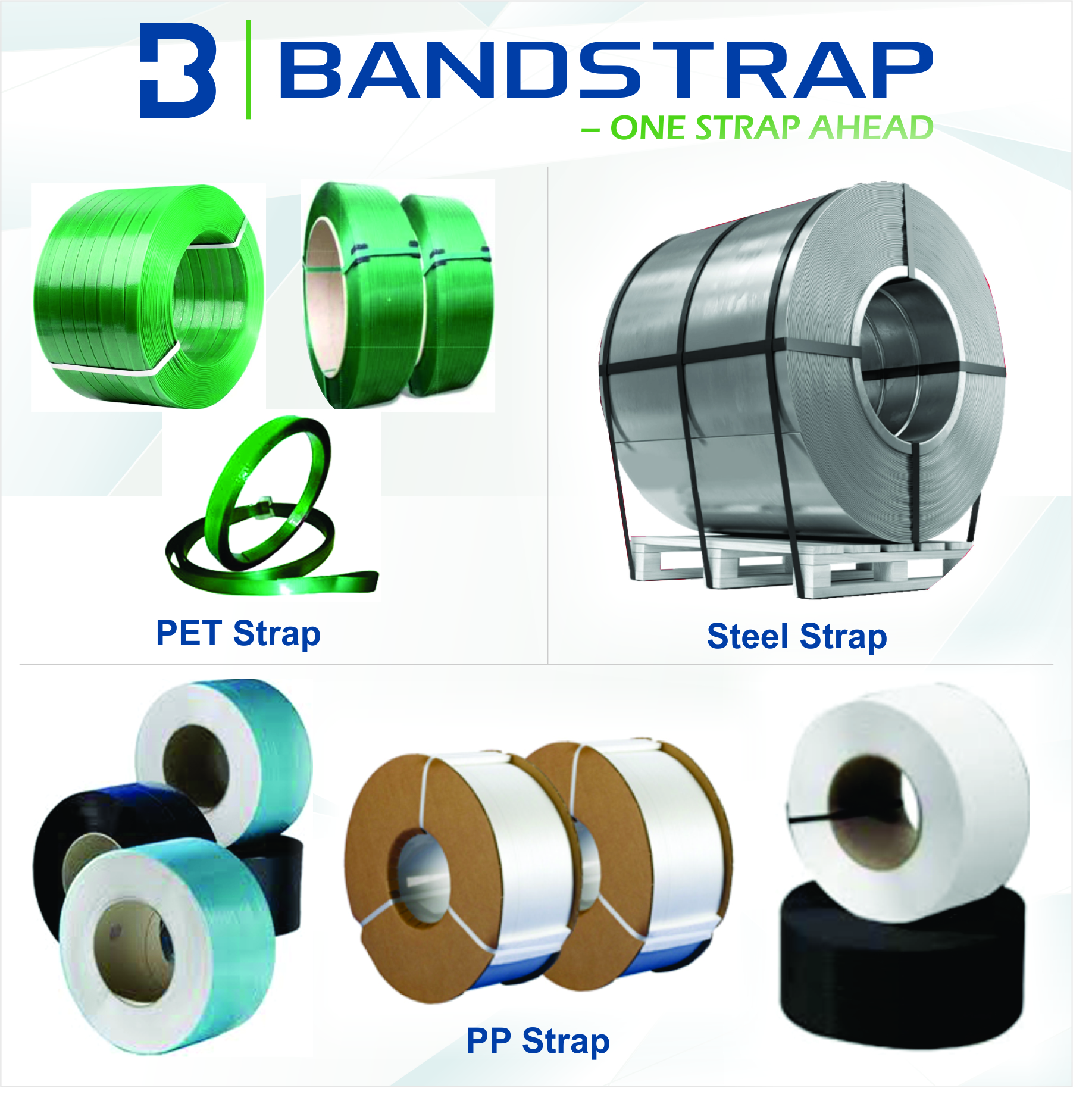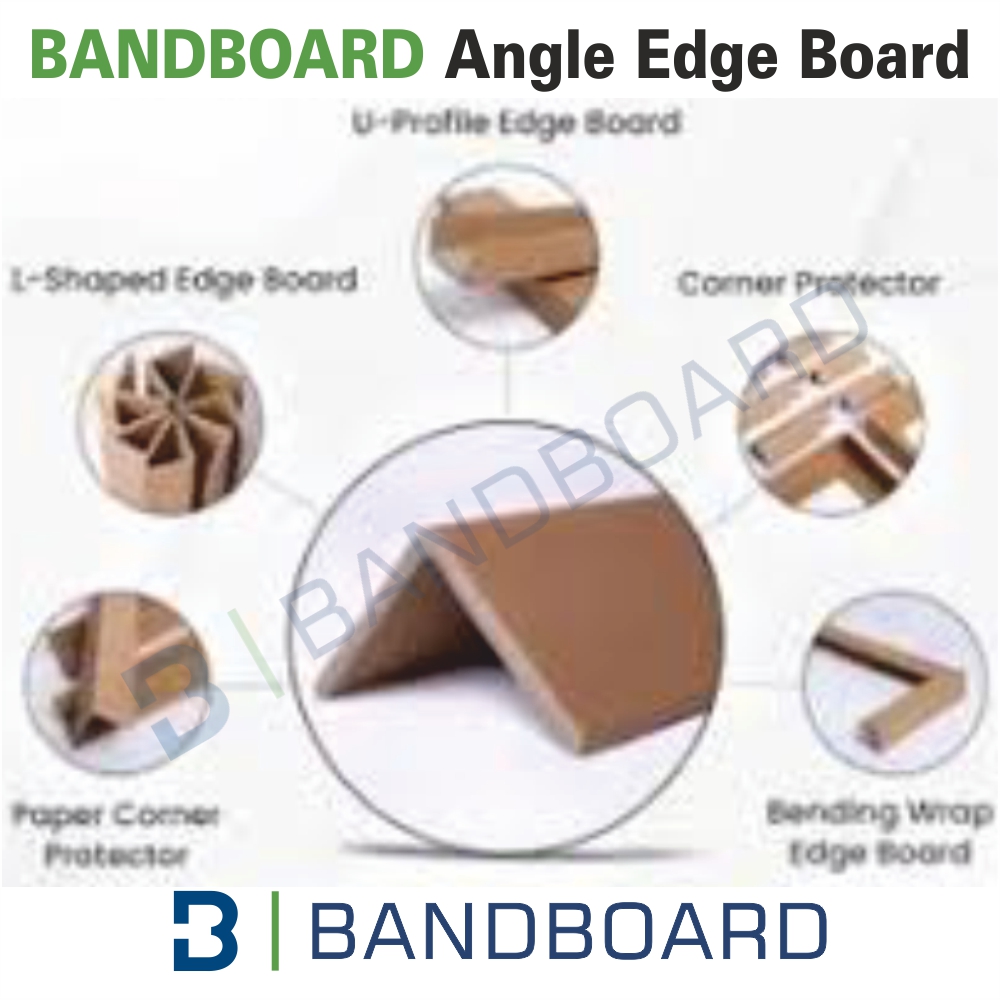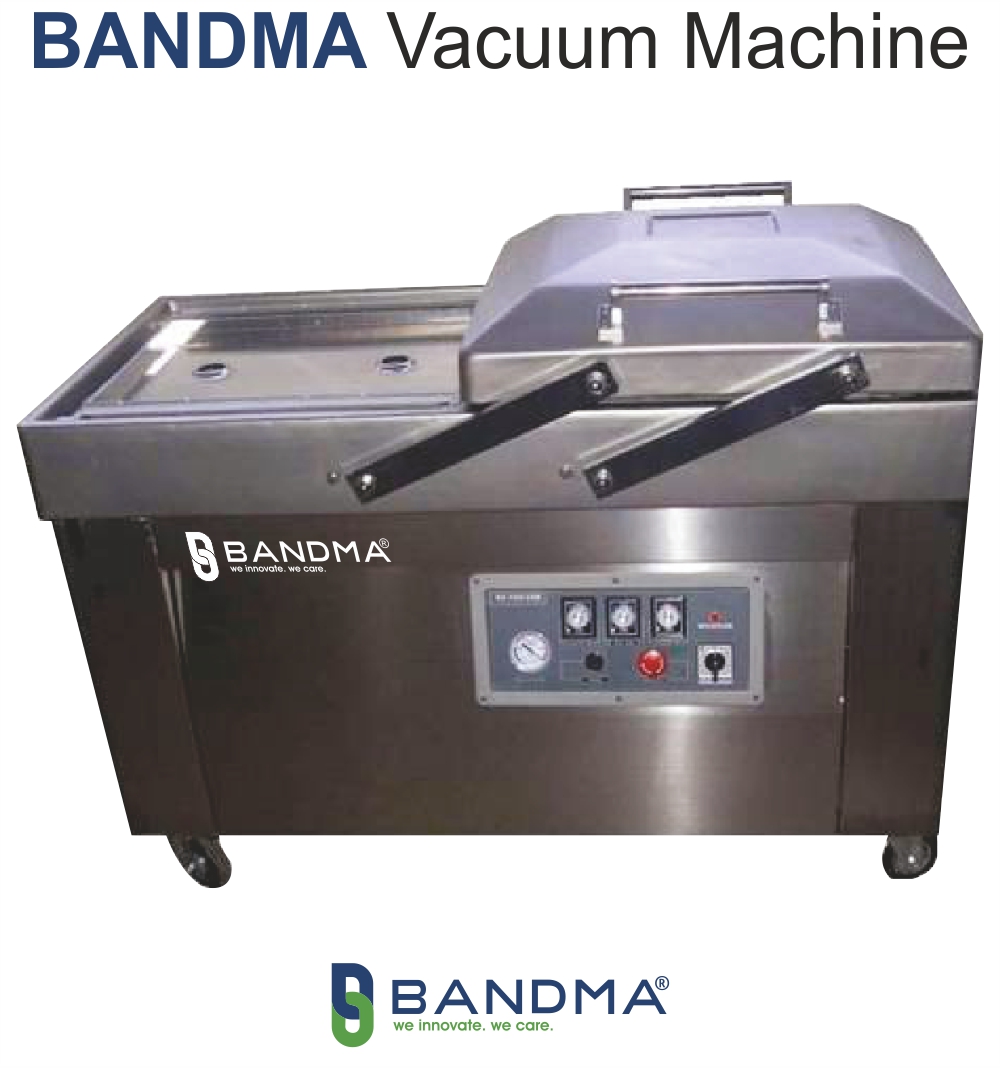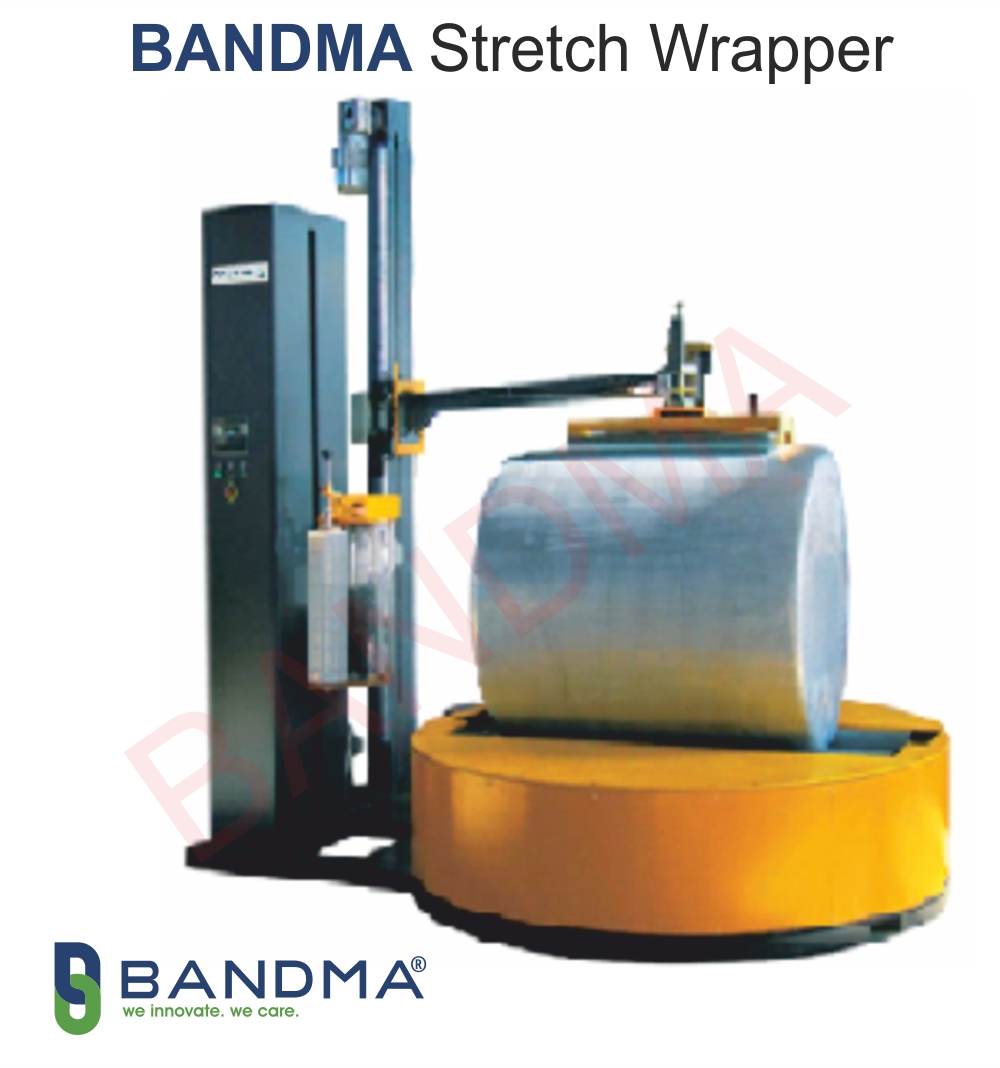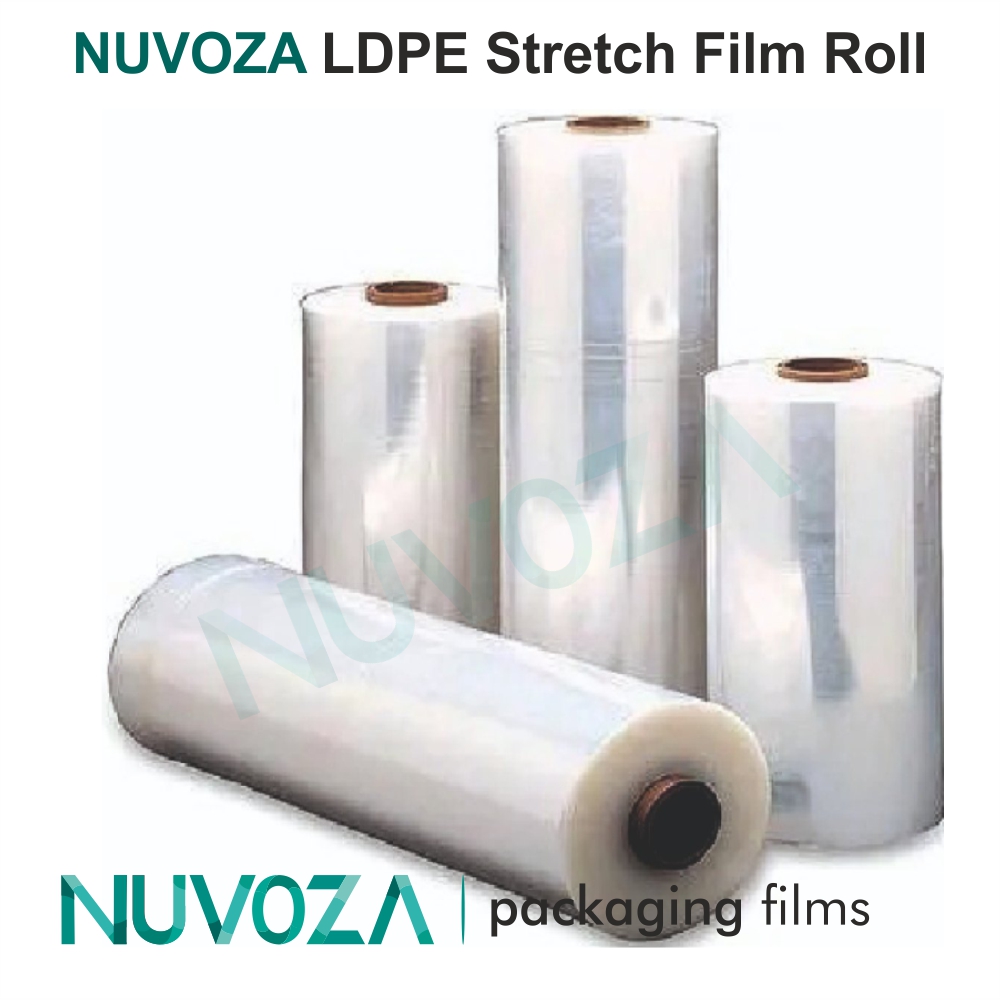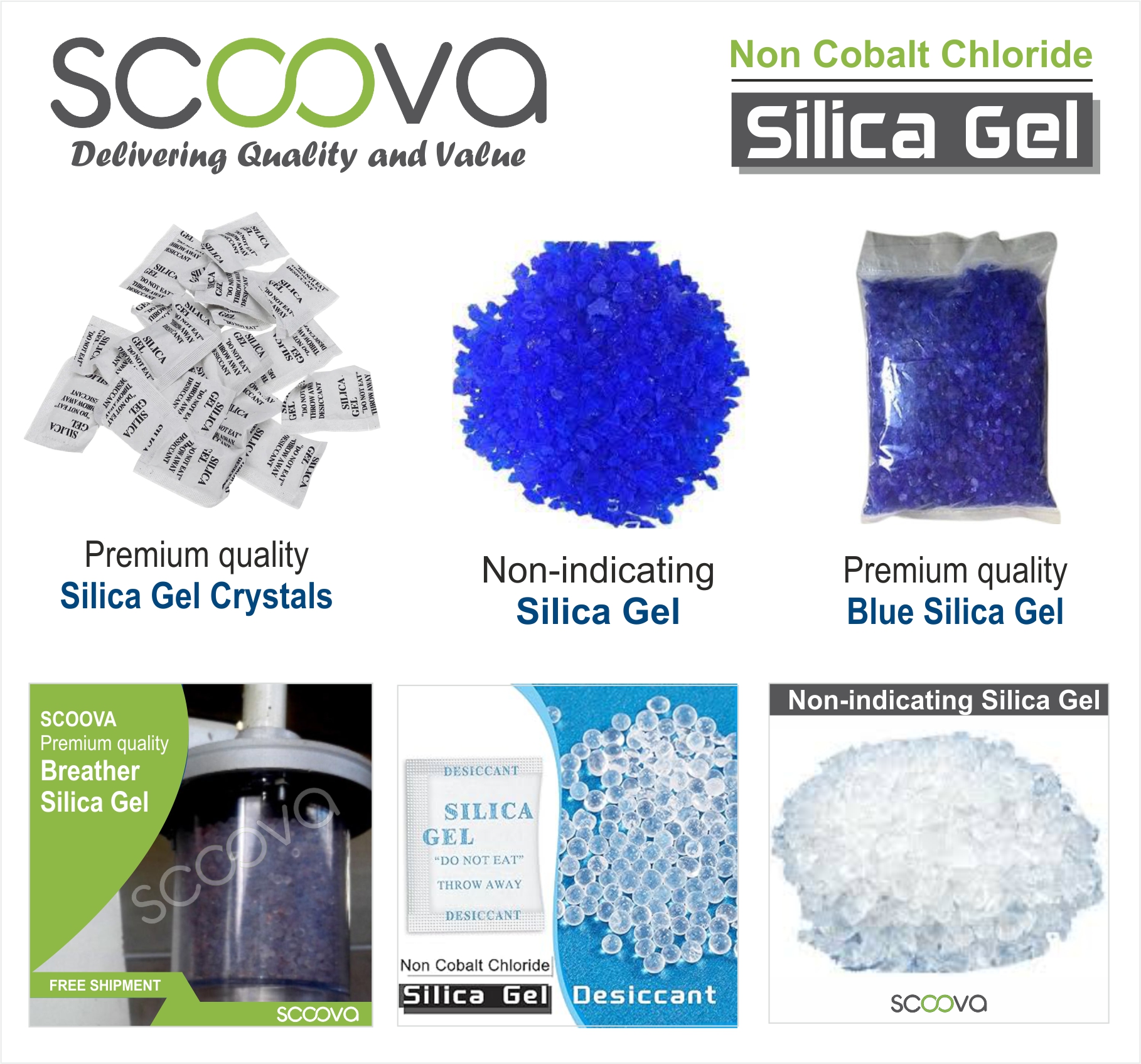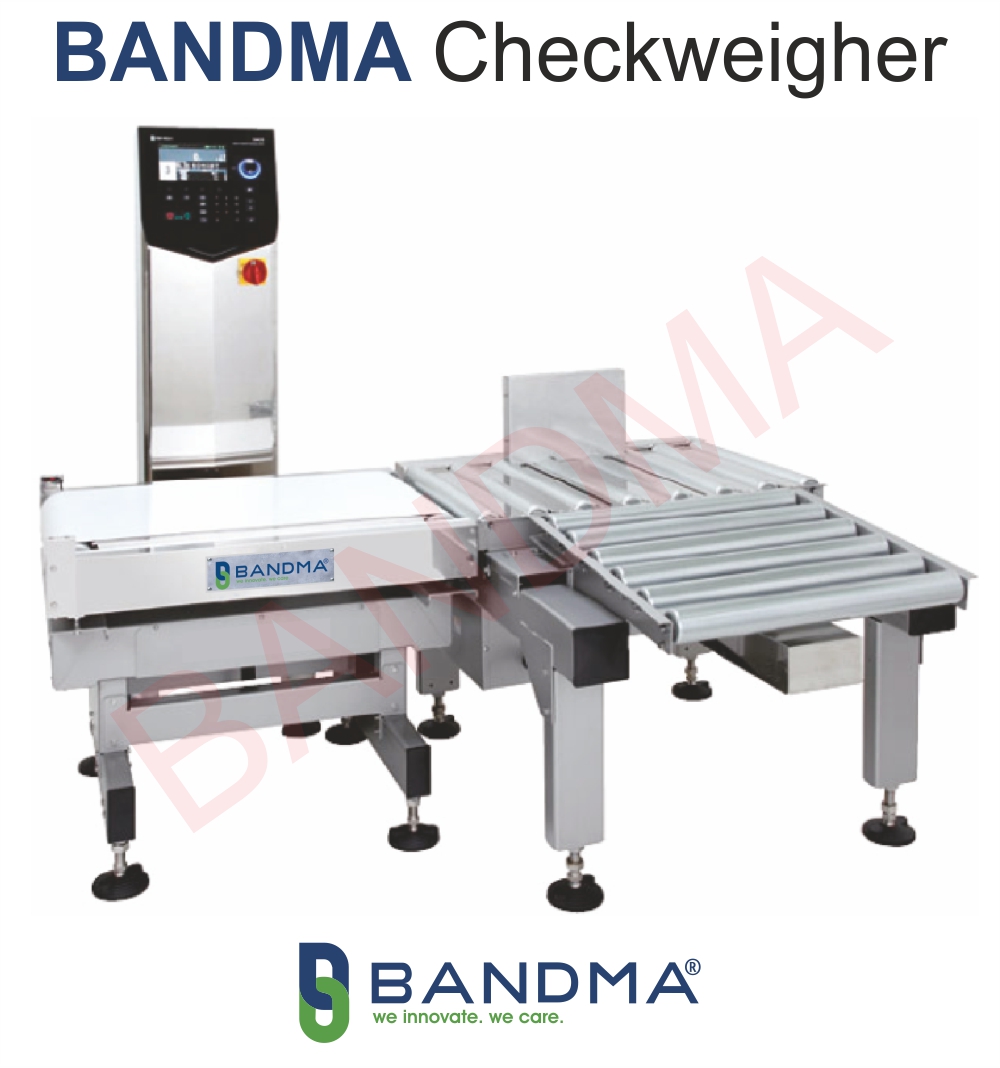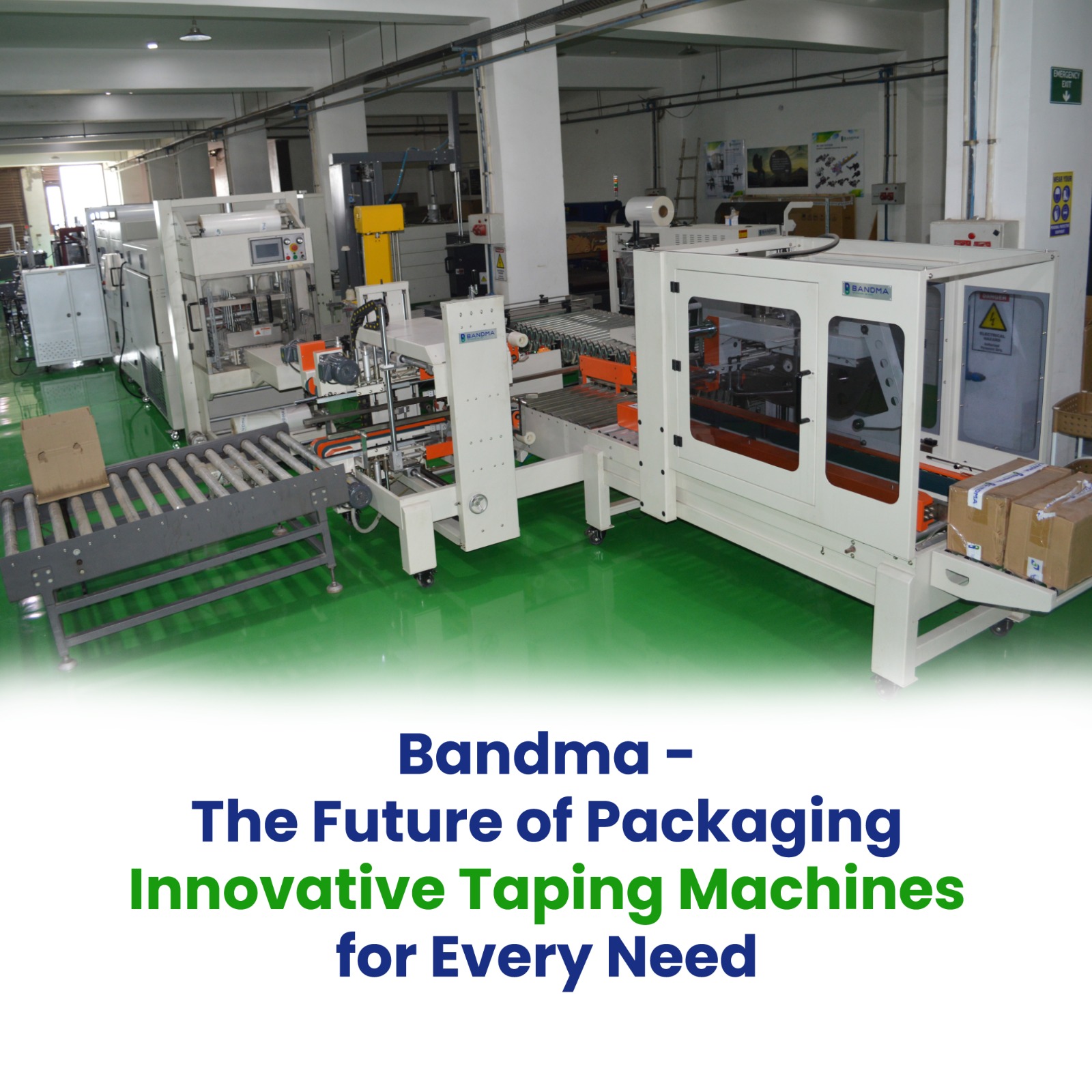In several industries, especially manufacturing, transport, and packing, taping machines have become an essential tool. These devices enable efficiency, consistency, and cost-effectiveness by automating the process of applying adhesive tape to secure or seal goods. We will examine the many kinds of taping machines in this article, along with their uses, advantages, and things to think about while choosing the best machine for your requirements.

What is a Taping Machine?
A taping machine is a device that automatically applies adhesive tape to secure boxes, cartons, or other packing materials. It is sometimes referred to as a case sealer or carton sealing machine. These devices make sure that packaging is sealed consistently and tightly, which is essential for preserving the integrity of the product during transportation and storage.

Bandma - Types of Taping Machines
There are several types of taping machines available, each designed to meet specific needs and applications. The primary types include:
1. Manual Taping Machines
Operating manual taping machines involves human intervention. For small-scale operations or companies with low-volume packing requirements, these machines are perfect. While they are less expensive than automated equipment, they nevertheless need more time and work to seal boxes and cartons.
2. Semi-Automatic Taping Machines
Automated and manual operations are combined in semi-automatic taping machines. The machine requires that the box or carton be positioned before the tape is automatically applied. These devices are appropriate for medium-sized companies that need to strike a compromise between price and functionality.
3. Fully Automatic Taping Machines
Machines that are completely automated require little human involvement. They are perfect for large-scale operations because they can manage massive volumes of packaging. These devices greatly increase production by applying tape quickly and precisely and automatically adjusting to various box sizes.
4. Side Belt Drive Taping Machines
Machines with side belt drives for taping are made to work with cartons that are lightweight and of consistent size. The machine's sides have belts that assist the carton through the sealing process. These devices are frequently employed in businesses with standardized packaging requirements and modest box sizes.
5. Top and Bottom Belt Drive Taping Machines
Machines for top and bottom belt drive taping are adaptable and capable of handling a range of carton weights and sizes. The machine's top and bottom belt positions guarantee that the carton is tightly sealed on all sides. This kind of equipment is frequently utilized in sectors with different packaging needs.
6. Uniform and Random Taping Machines
While random taping machines can automatically adjust to seal boxes of varied sizes, uniform taping machines are made to seal boxes or cartons of the same size. In businesses where packaging sizes fluctuate regularly, random taping machines can in handy.
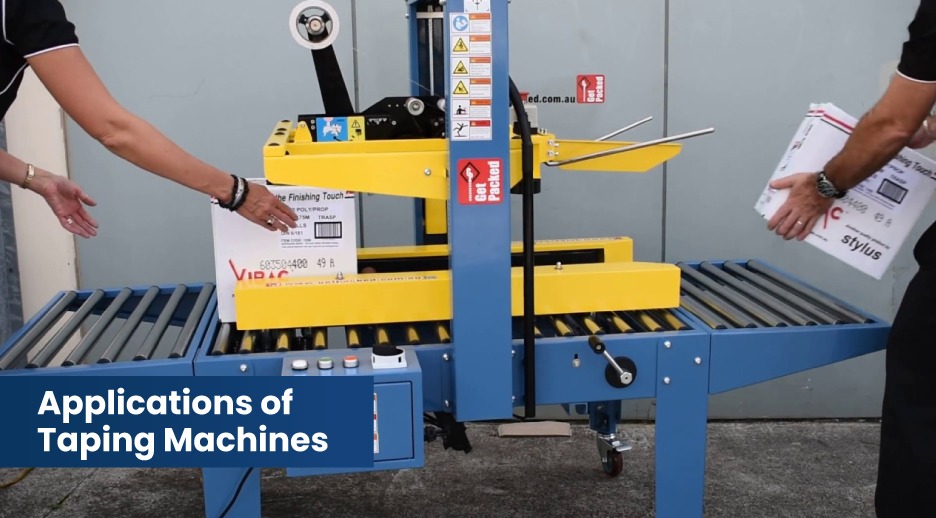
Applications of Taping Machines
Taping machines are widely used across various industries due to their versatility and efficiency. Some common applications include:
1. Packaging Industry
Taping machines are used in the packing business to seal various sized boxes and cartons. They guarantee that the packaging is sturdy and resilient enough to survive the rigors of storage and transportation.
2. E-Commerce and Retail
The need for effective packaging solutions has grown as e-commerce has expanded. In order to seal packages swiftly and safely and guarantee that goods arrive at customers in ideal shape, tape machines are essential.
3. Food and Beverage Industry
Product safety and freshness must be maintained in packaging solutions used by the food and beverage industry. Taping machines are used to seal cartons and boxes that hold perishable items, keeping them safe while in transportation.
4. Pharmaceutical Industry
Tamper-evident packaging is crucial in the pharmaceutical industry. Medication boxes and cartons can be reliably sealed with tape machines, guaranteeing the items' security and impossibility of tampering.
5. Automotive and Electronics
In order to package and protect parts and components, the automotive and electronics sectors also use taping machines. By making ensuring that fragile goods are correctly packed, these robots lower the possibility of damage occurring during transit.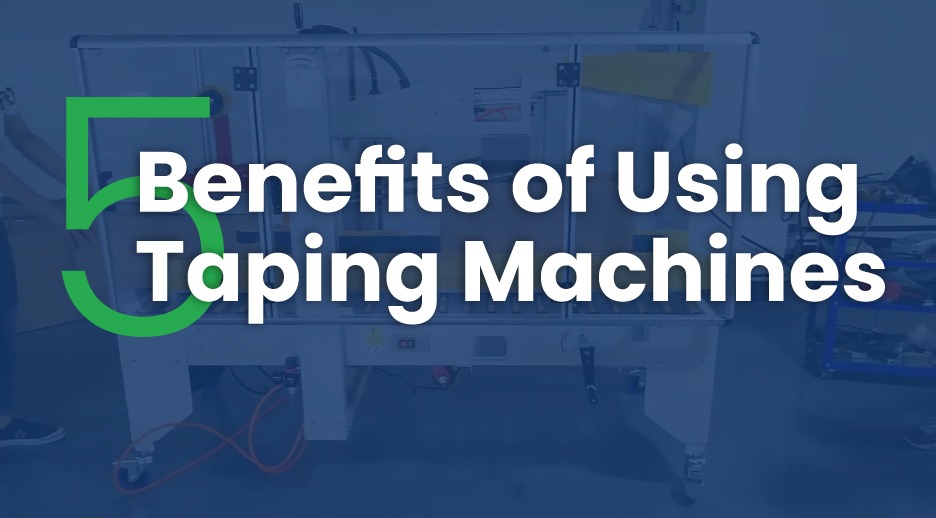
Benefits of Using Taping Machines
The use of taping machines offers several advantages, including:
1. Increased Efficiency
By greatly accelerating the packing process, tape machines enable enterprises to manage higher product volumes in less time. This enhanced effectiveness results in more output and lower expenses.
2. Consistent Quality
Packings sealed by hand may not always be uniform, with some being over- or under-sealed. With the use of tape machines, every box is sealed with uniform accuracy, preserving a high standard of quality for all goods.
3. Cost-Effective
A tape machine may require a larger initial cost, but there are significant long-term savings. A favorable return on investment is a result of decreased labor expenses, less material waste, and higher production.
4. Enhanced Safety
By eliminating the need for physical handling, taping machines help to minimize the risk of accidents at work. This is especially crucial for businesses where employees must handle hefty shipments or sharp things.
5. Versatility
Due to their versatility, taping machines can be used to seal a large variety of sizes and materials for packing. Because of their adaptability, they can be used in a variety of industries with varying packaging requirements.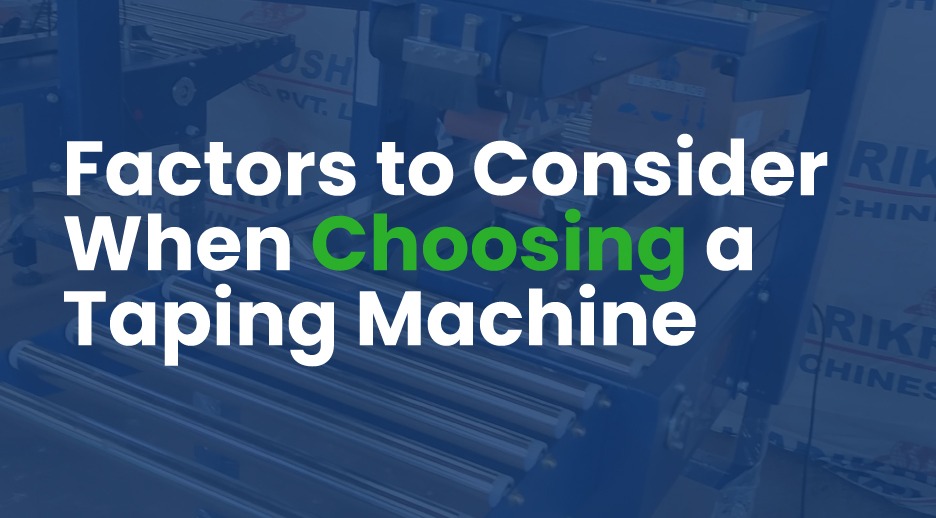
Factors to Consider When Choosing a Taping Machine
When selecting a taping machine for your business, several factors need to be considered to ensure you choose the right equipment for your needs:
1. Volume of Production
The sort of tape machine needed depends in large part on the volume of production. A completely automatic machine would be more appropriate for big volume activities, whereas a manual or semi-automatic equipment might be adequate for lower volumes.
2. Type of Packaging
The kind of tape machine you select will also depend on the type of packaging you use. Think about the packages you need to seal, their weight, size, and material. You should also think about whether their sizes are all the same or differ.
3. Budget
Although completely automatic machines are the most efficient, their cost is also higher. To secure the best deal, you must strike a balance between your production demands and your budget.
4. Space and Layout
The amount of space that is available in your institution will also influence your choice. Selecting a tape machine that fits into your current layout without interfering with workflow is important because they come in different sizes.
5. Ease of Use and Maintenance
Think about how simple it is to operate and maintain the tape machine. Easy-to-use and maintain equipment will minimize downtime and guarantee a seamless packaging process.
Conclusion:
Modern packaging operations would not be complete without tape machines, which provide a number of advantages such as improved productivity and reliable quality. Whether you operate in the food and beverage, automotive, or e-commerce sectors, a tape machine can help you increase the efficiency of your packaging processes and boost sales.
You may choose the ideal equipment for your requirements by being aware of the various kinds of taping machines and the uses for each. Purchasing the appropriate tape machine can streamline your packing procedure, lower expenses, and increase output all around.

